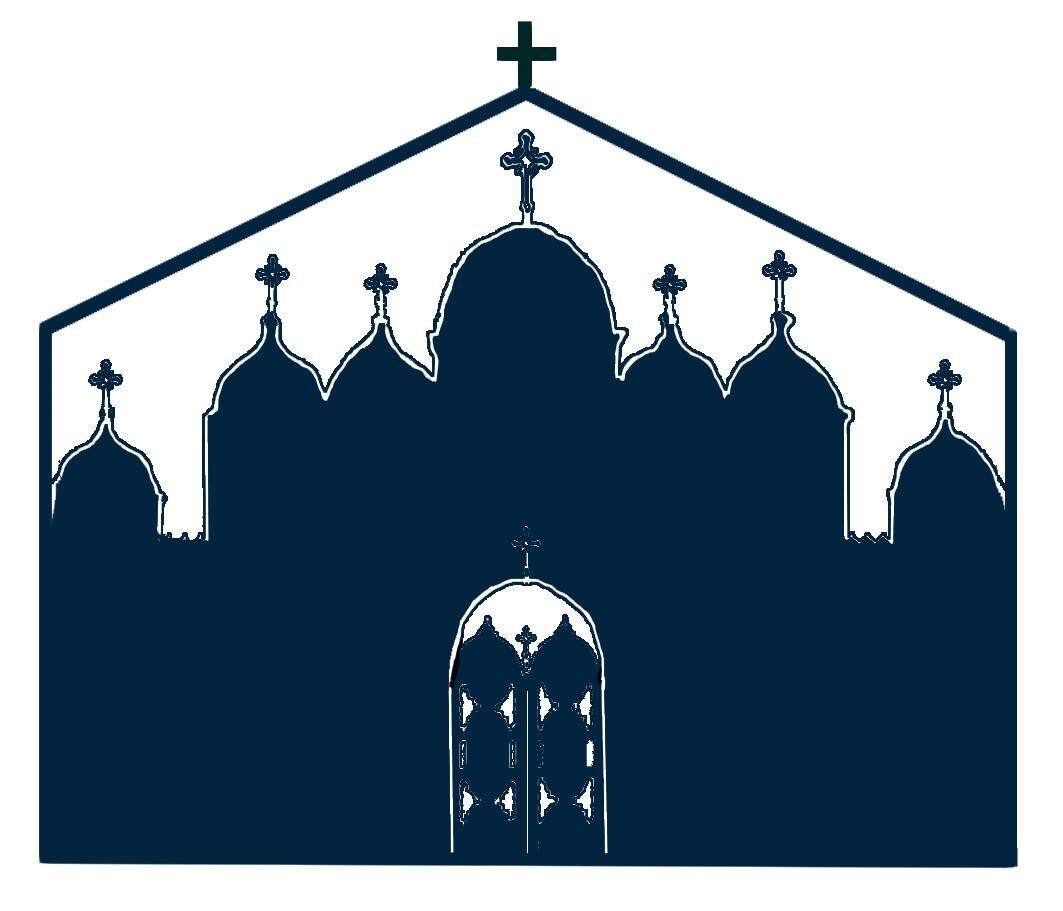Luke 18:10-14, 2025/02/9 Osaka Church
In the name of the Father, the Son, and the Holy Spirit
In the Divine Liturgy, the prayer “Lord have mercy” is repeated many times. However, the word “Eucharist”, which refers to the Divine Liturgy, means “thanksgiving”. The Eucharist is a feast of thanksgiving to God, and it is filled with joy. How can the prayer “Lord have mercy” and the lament “I am a pitiable man” be reconciled with this joy?
Today’s Gospel. Two people were praying in the temple. One was a Pharisee who faithfully kept the law. The other was a tax collector. He collected taxes on behalf of the Roman Empire, the conqueror of Judea, and often put a portion of it in his own pocket to enrich himself, and naturally was despised by the people as a “sinner”. The Pharisee prayed to God with pride. “I am not like that greedy, unjust, sexually immoral person. I fast regularly and give my donations regularly. I am not like that tax collector. I thank you.” Meanwhile, the tax collector, from a corner of the temple, did not even look up, but just beat his chest and prayed, “God, have mercy on me, a sinner.” Yes, “Lord have mercy.”
Jesus said that it was not the Pharisee but this tax collector that God was pleased with, and concluded the story by saying that those who exalt themselves will be humbled, and those who humble themselves will be exalted.
In fact, the Lord did not speak this story to the tax collectors, “sinners,” but to “those who consider themselves righteous and look down on others.” They were “clean and righteous” people with nothing to be criticized about. They strictly followed the law and prayed fervently. Moreover, the Pharisee prayed to God, “I thank you.” He does not boast that his righteous life is the result of his own efforts, but gives thanks to God for everything. He is a perfect “righteous man.”
However, every year on the first Sunday of the week of preparation for Lent, this Pharisee is “degraded” in Orthodox churches around the world as someone who has lost God’s blessing. What a disgrace! That’s crazy! He knows from the bottom of his heart that he is a perfect man. Even if he humbly thanks God for everything, the thought that he is a righteous man separates him from God’s blessing and the true joy that God promises. The only entrance to God’s blessing and the true joy that God gives is given to he who laments that he is a sinful and pitiful being who needs God’s mercy, forgiveness, and salvation more than anyone else. Great monks often lament, “I am inferior to all creatures…” Not even “to all people.” It is “to all creatures.” He is lower than snakes and scorpions, lower than insects and water fleas. You may think, “What an exaggerated and sarcastic ‘bluff,'” but do snakes and scorpions hate their fellow snakes and scorpions, and do insects and water fleas scorn and laugh at their fellows insects and water fleas?…
This reading from the Gospel is often taught focusing on being humble, like the tax collector. But that is only half the story. Humility can easily turn into self-satisfaction with one’s own humility. If we pray, “God, I thank you that I am not like those proud people who do not know humility,” we will be “humbled” as “those who think they are righteous and look down on others,” and we will lose God’s blessing.
Striving for humility is an effort that will never be achieved. The moment we think we have achieved it, it can easily turn into arrogance. This is an enormous penance. We have to keep pushing ourselves to achieve it, even though it is clear that we will never achieve it. But while it is penance, it is also a journey of endless elevation toward joy, toward the light that God promises. At the heart of this journey is Communion. No one is worthy of the Body and Blood of Christ. However, we are able to receive the Eucharist and Holy Blood not by our own virtue but by the grace of God. Through this repetition, we gradually acquire a humility that never slips into pride.
First, I asked how the lament “Lord have mercy” is reconciled with the joy of the Eucharist. I will answer: Only this lament is in harmony with the true joy of being received by God and becoming one with him, which is promised to all human beings.

